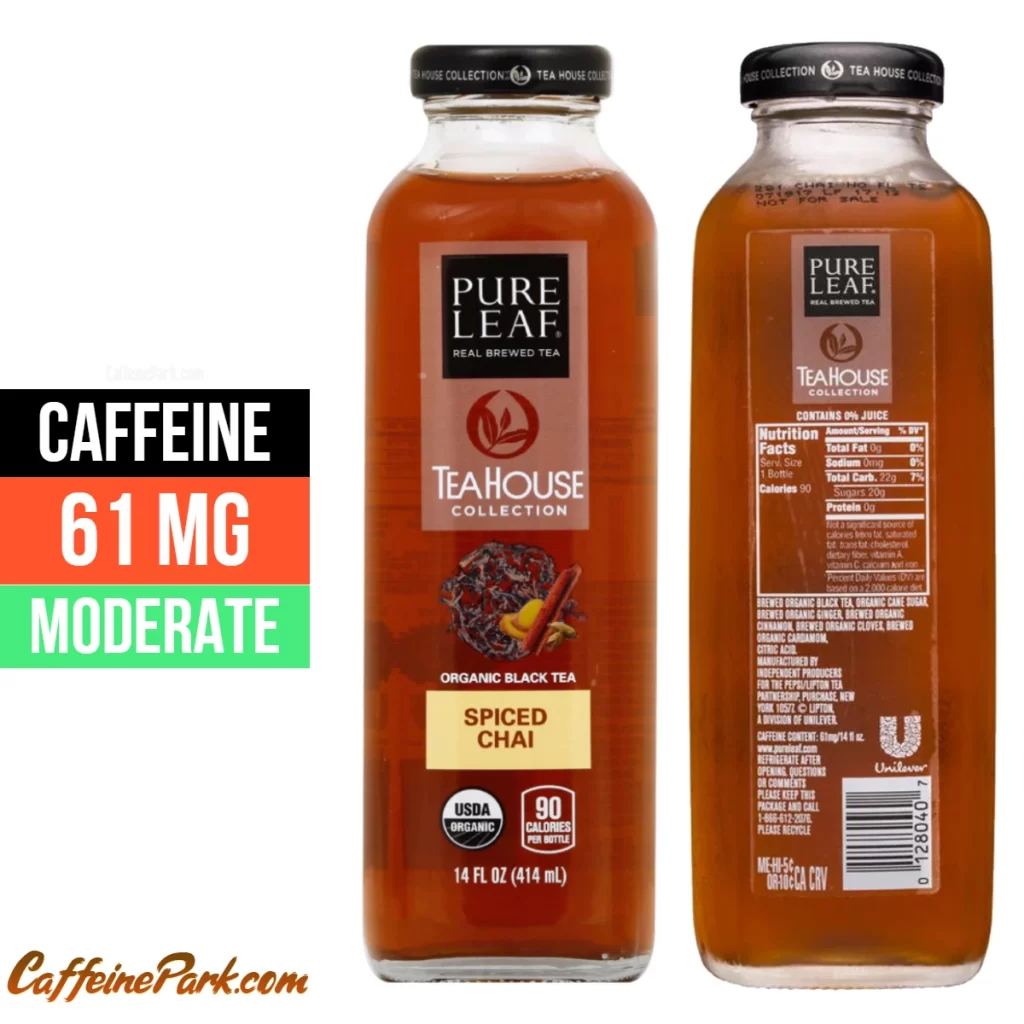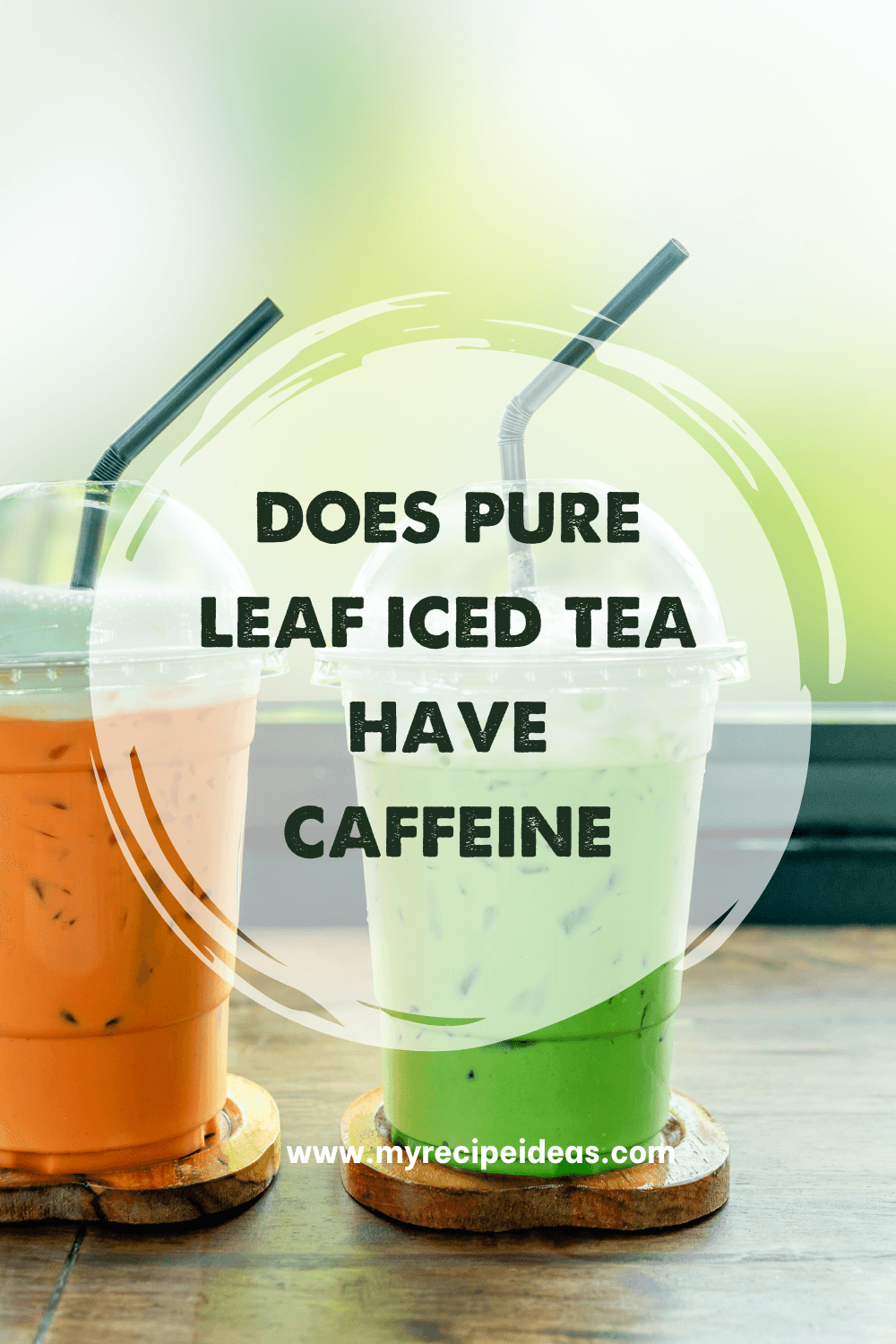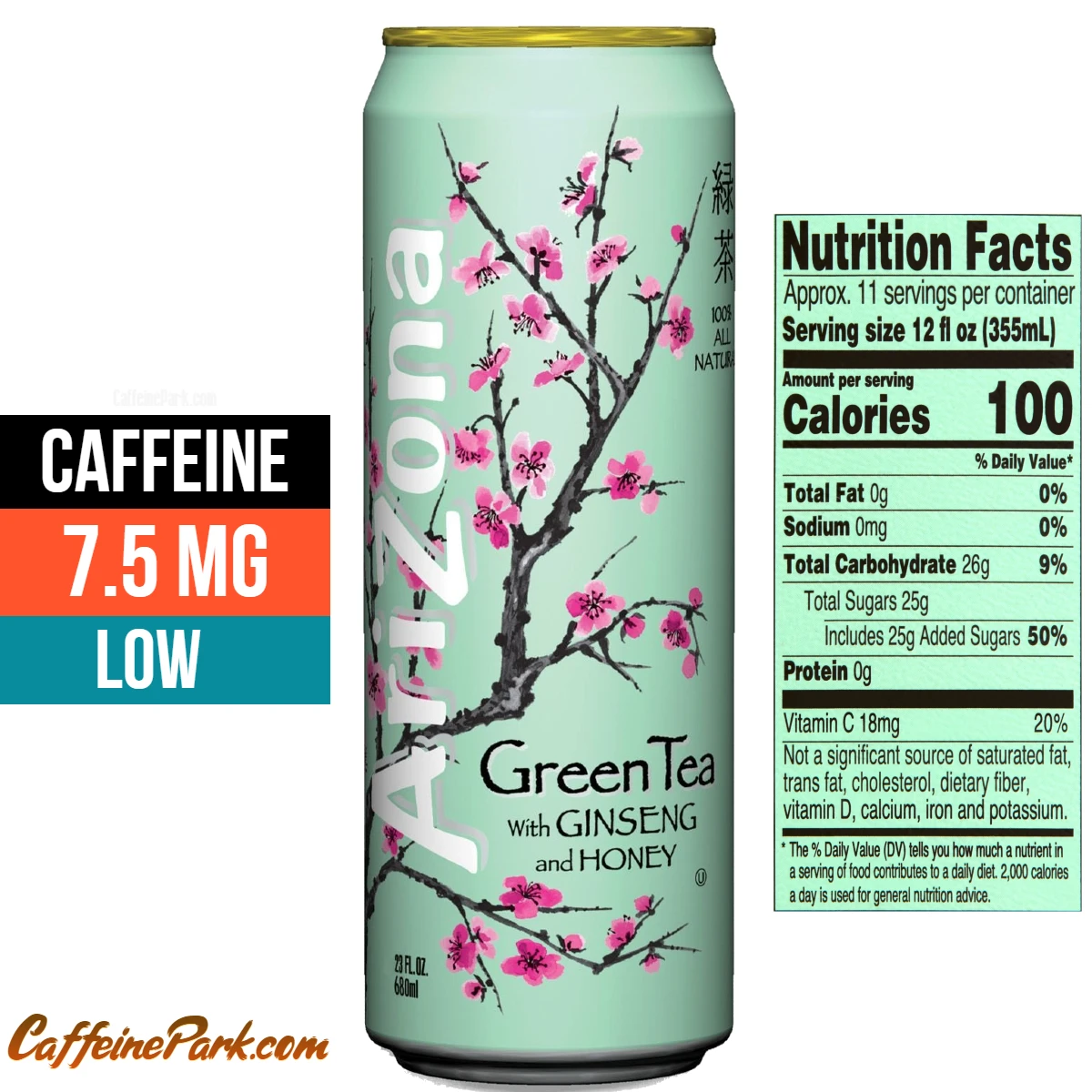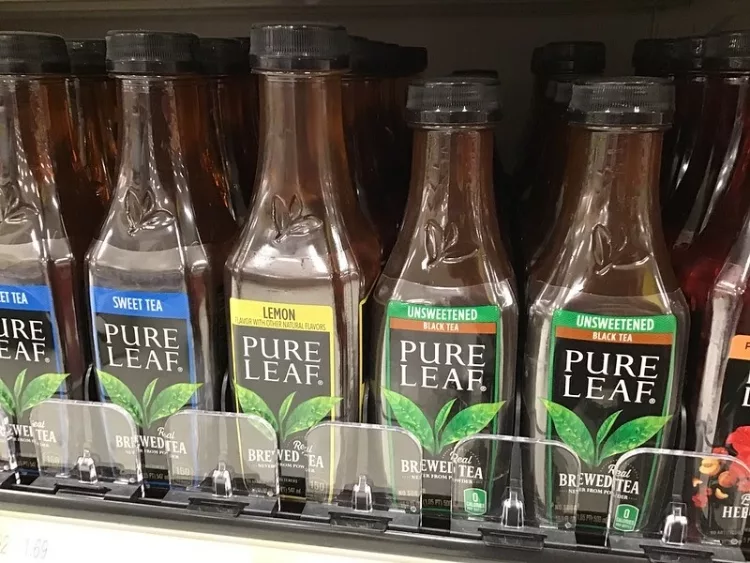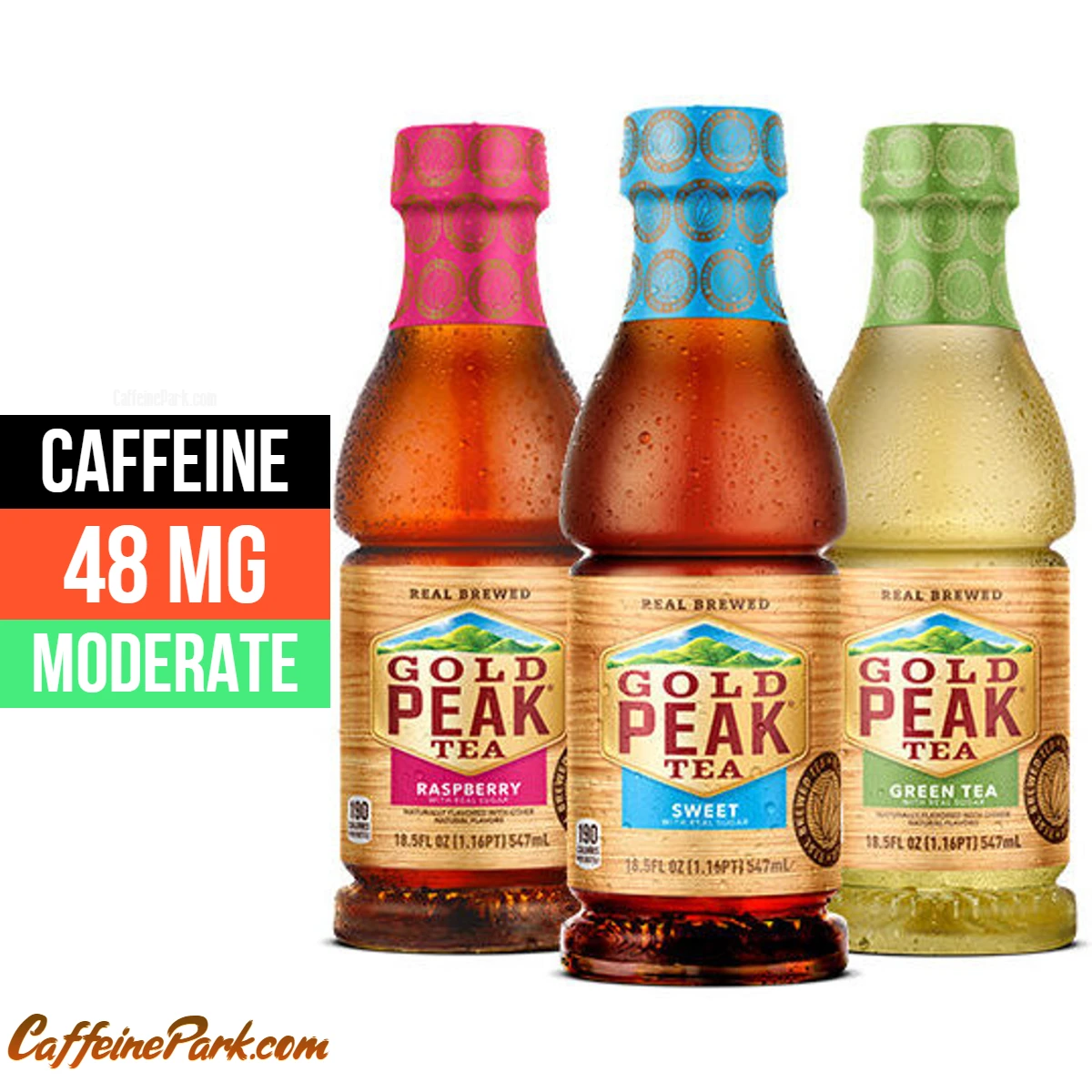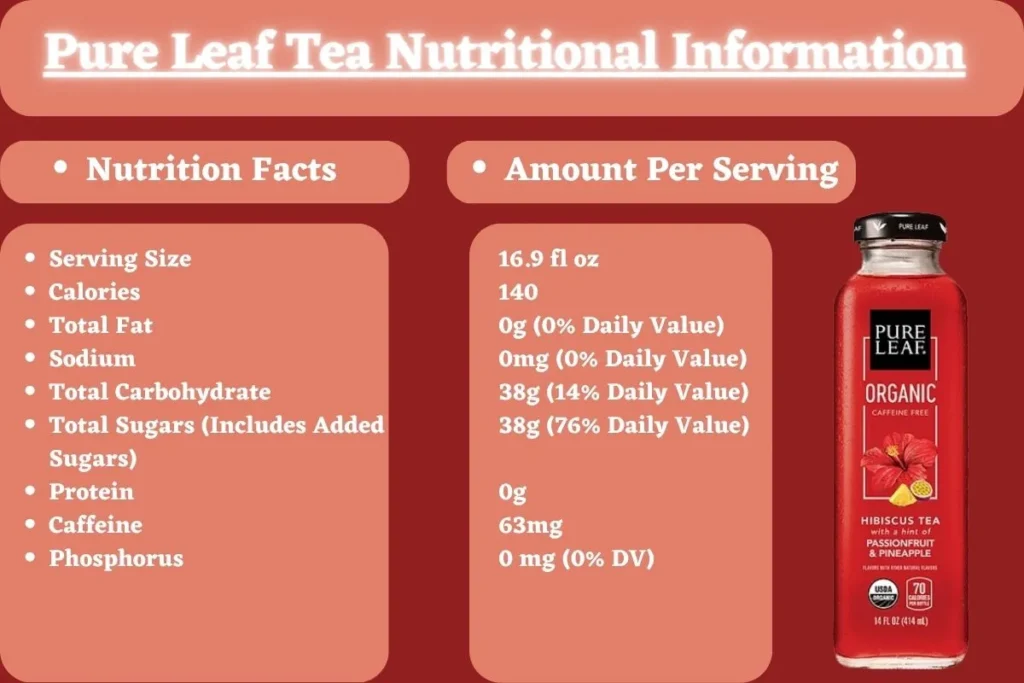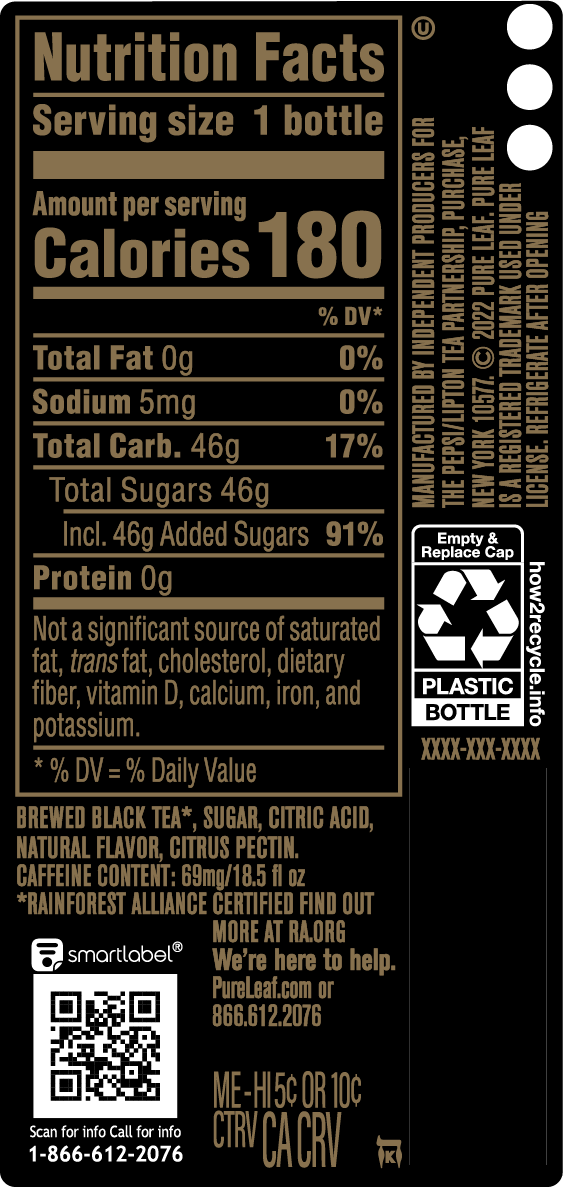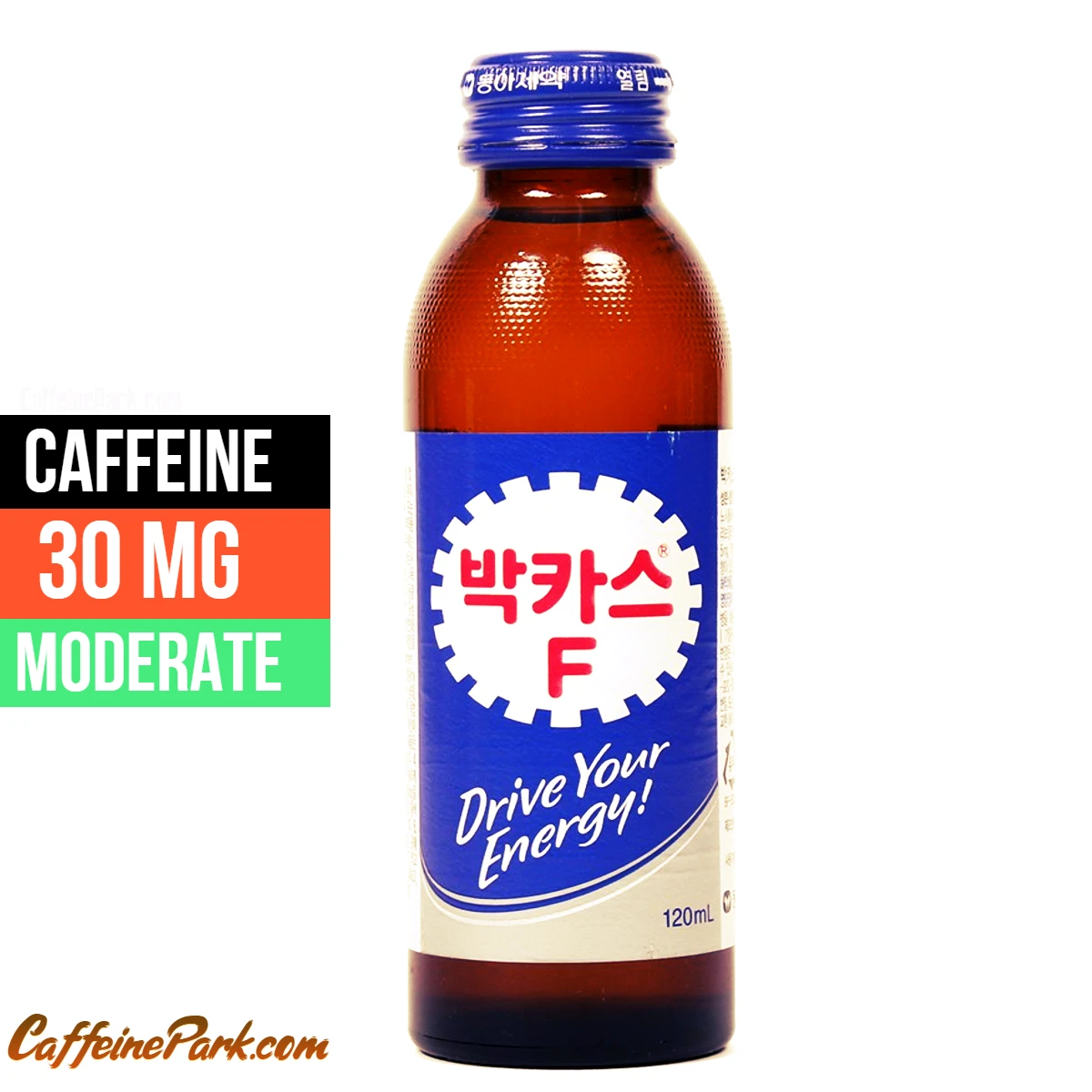Caffeine In Pure Leaf Iced Tea

The popularity of ready-to-drink iced tea continues to surge, offering a convenient and seemingly healthier alternative to sugary sodas. However, beneath the refreshing facade lies a critical detail often overlooked: caffeine content. Specifically, Pure Leaf Iced Tea, a prominent brand in this market, contains varying levels of caffeine, prompting questions about consumer awareness and the implications for those sensitive to stimulants.
This article delves into the caffeine levels found in various Pure Leaf Iced Tea products, examines consumer understanding of these levels, explores potential health effects, and considers how Pure Leaf’s caffeine content compares to other beverages. We'll examine official statements from PepsiCo, Pure Leaf’s parent company, and available data from reputable organizations to provide a comprehensive overview of this multifaceted issue.
Caffeine Content: A Breakdown
Pure Leaf offers a diverse range of iced tea flavors and formulations, each containing different amounts of caffeine. The caffeine content primarily stems from the tea leaves used in the brewing process.
According to PepsiCo's official website and product labeling, a 18.5 fl oz bottle of Pure Leaf Iced Tea typically contains between 55mg and 70mg of caffeine. This range applies to most of their classic brewed iced tea varieties, including Unsweetened, Sweetened, and Lemon flavors.
However, significant variations exist within the Pure Leaf product line. The Pure Leaf Tea House Collection, which features more elaborate flavor combinations, often boasts slightly higher caffeine levels, sometimes exceeding 70mg per serving.
Compared to Other Beverages
To put these figures into perspective, a standard 8 oz cup of coffee contains approximately 95mg of caffeine. This comparison highlights that Pure Leaf Iced Tea has a moderate caffeine content, falling somewhere between coffee and many soft drinks.
A 12 oz can of Coca-Cola, for example, contains around 34mg of caffeine. This makes Pure Leaf a potentially stronger stimulant than some traditional soda options.
Consumer Awareness and Perception
A crucial aspect of this discussion is how well consumers understand the caffeine content of Pure Leaf Iced Tea. Many individuals may choose iced tea as a perceived "healthier" alternative, unaware of the caffeine levels.
The packaging of Pure Leaf does display caffeine information, but the visibility and prominence of this information may be a concern. Small print and generic labeling could lead to consumers overlooking this crucial detail.
Furthermore, the "natural" and "real brewed" marketing language often associated with iced tea brands may inadvertently downplay the potential stimulant effects of caffeine in consumers' minds. This perception is crucial and requires further investigation.
Potential Health Implications
Caffeine, a stimulant, affects individuals differently. While moderate caffeine consumption can enhance alertness and improve cognitive function, excessive intake can lead to adverse effects.
These effects include anxiety, insomnia, heart palpitations, and digestive issues. Individuals with pre-existing conditions, such as heart problems or anxiety disorders, may be particularly vulnerable.
Pregnant women and breastfeeding mothers are also advised to limit their caffeine intake. The American College of Obstetricians and Gynecologists (ACOG) recommends pregnant women limit caffeine consumption to less than 200mg per day.
Pure Leaf’s Response and Transparency
PepsiCo, as the parent company of Pure Leaf, acknowledges the presence of caffeine in its iced tea products. They provide caffeine information on their website and product packaging, aiming to inform consumers.
However, critics argue that more prominent labeling and consumer education campaigns are necessary to ensure consumers are fully aware of the caffeine content and potential effects. There is a need for improved transparency.
PepsiCo has introduced decaffeinated versions of some Pure Leaf iced tea varieties. This move offers consumers a caffeine-free alternative, but it also raises questions about the availability and marketing of these options.
The Future of Iced Tea and Caffeine Awareness
As the ready-to-drink iced tea market continues to expand, the issue of caffeine content will remain a pertinent concern. Greater transparency and consumer education are essential to ensure responsible consumption.
Beverage companies, including Pure Leaf, should consider implementing clearer labeling practices and launching awareness campaigns to inform consumers about caffeine levels and potential health effects. This promotes informed choices.
Ultimately, consumers also bear a responsibility to educate themselves about the products they consume. By understanding the caffeine content of beverages like Pure Leaf Iced Tea, individuals can make informed decisions that align with their health needs and preferences.
